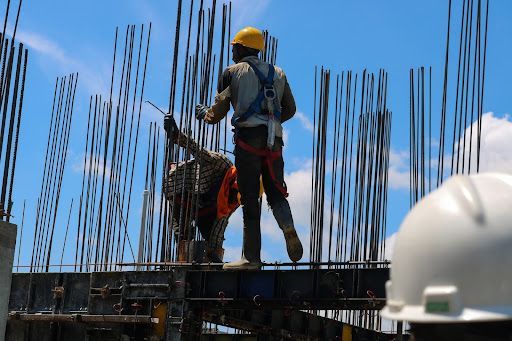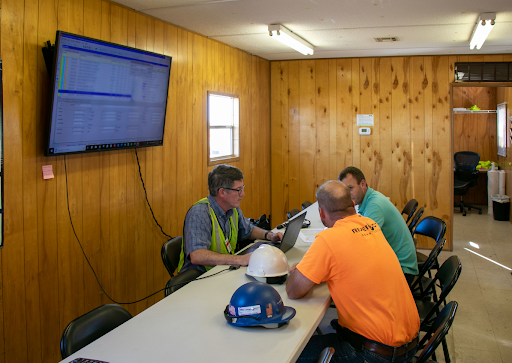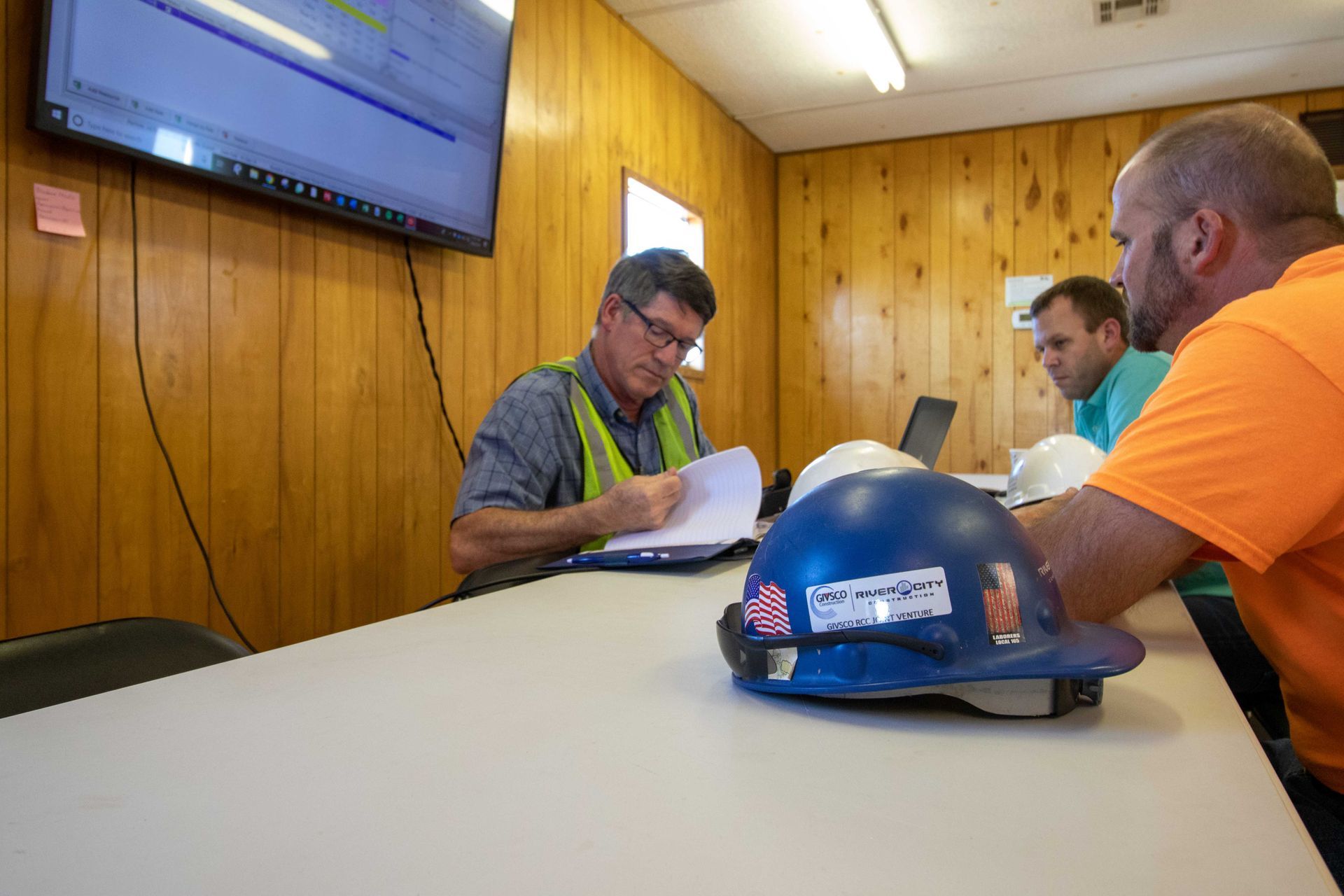Construction Scheduling FAQs
Construction scheduling is an essential aspect of any construction project. It involves creating a timeline of activities that need to be completed and identifying the resources necessary to complete them. Effective scheduling ensures that construction projects are completed on time, within budget, and to the required quality standards. This blog addresses some construction scheduling FAQs and how software programs like SmartPM™ and Primavera P6 can help you schedule your construction projects effectively.
What Is Construction Scheduling?
Construction scheduling creates a detailed plan of activities that a construction team must complete during a construction project. The schedule outlines each activity’s start and end dates, the resources required, and the dependencies between activities. Construction scheduling aims to ensure that the project is completed on time, within budget, and to the required quality standards.
Why Is Construction Scheduling Important?
Construction scheduling is crucial because it helps ensure the project is completed on time, within budget, and to the required quality standards. A well-structured schedule helps to identify potential delays, allocate resources efficiently, and coordinate the work of different teams and contractors. Effective scheduling can also minimize the risk of disputes and legal issues by clearly defining the responsibilities of each party involved in the project. Safety also can increase when teams follow a well-designed schedule since the tasks for the day will be laid out with clear expectations.

How Can Construction Scheduling Increase Profitability?
Construction scheduling can increase profitability by ensuring that projects are completed on time and within budget. An effective schedule allows construction companies to allocate resources efficiently, minimize delays and avoid costly overruns. The schedule also helps to ensure that all parties involved in the project understand their roles and responsibilities, reducing the risk of disputes or accidents.
By keeping the project on track and controlling costs, construction scheduling can increase profitability and improve the project’s overall success. Additionally, scheduling software provides real-time data and analytics on the project, enabling construction companies to make informed decisions and optimize their operations for maximum profitability.
What Is the Critical Path Method?
The Critical Path Method (CPM) is a project management technique used in construction scheduling to identify the critical path of a project. The critical path is the sequence of activities that determines the minimum completion time for the project, taking into account the dependencies between activities. CPM allows project managers to identify the longest time it will take to complete the project and which activities are critical and must be completed on time to meet the project deadline. This information is used to prioritize and allocate resources, monitor progress, and adjust the schedule as necessary.
By using CPM, construction project managers can ensure that the project is completed on time, within budget, and to the required quality standards, ultimately increasing profitability and improving the project’s success. This framework serves as a standard for many types and scopes of projects.
What Are Some Examples of Construction Scheduling Software?
SmartPM™ and Primavera are both scheduling software tools commonly used in the construction industry. SmartPM™is a cloud-based scheduling tool that offers construction project management and scheduling features. Primavera P6, an Oracle product, is a comprehensive project management software offering a range of features, including scheduling, resource management, and risk analysis.
The two tools’ main difference is their detail and complexity level. SmartPM™ is designed for smaller construction projects and is easier to use, making it a good choice for those new to construction scheduling. Primavera P6 is intended for larger and more complex projects and offers a greater range of features, making it a good choice for experienced construction schedulers.
How Do I Create a Construction Schedule Using SmartPM™?
Creating a construction schedule using SmartPM™ is straightforward and easy to do. To get started, you will need to create a new project and input the activities and resources required for the project. SmartPM™ will then generate a timeline of activities and allow you to create dependencies between activities. You can also allocate resources and set target dates for each activity.
Once the schedule is created, you can use the software to monitor progress, identify potential delays, and make changes to the schedule as needed. SmartPM™ allows you to track costs and generate reports on the project’s progress.

How Do I Create a Construction Schedule Using Primavera?
Creating a construction schedule using Primavera is more complex than using SmartPM™, but it offers a greater range of features and a higher level of detail. You will need to create a new project and input the required activities and resources. Primavera will then generate a timeline of activities and allow you to create dependencies between activities. You can also allocate resources, set target dates for each activity, and use the resource management features to optimize the allocation of resources.
Once the schedule is created, you can use Primavera to monitor progress and change the schedule as needed. Primavera also allows you to track costs, generate reports on the project’s progress, and perform a risk analysis to identify potential risks to the project.
Work With Thomas D. Wilson Consulting Inc.
Although this blog gives you an idea of the importance of construction scheduling, logistics, and an overview of two common scheduling software programs, your best bet for a construction project is to consult an expert. Our Thomas D. Wilson Consulting team has decades of experience scheduling and managing commercial construction projects of any scope or scale. We actively use SmartPM™, Primavera P6, and other scheduling software that best fits your project.
Let’s connect today to talk about your project!
Ready to Experience a Different Kind of Construction Scheduling?
Request an initial consultation on your project.


Navigation
| Thomas D. Wilson Consulting, Inc.
(314) 918-0210 | tom@tdwilson.com |
1750 S Brentwood Blvd, Suite 307, Brentwood, MO 63144





